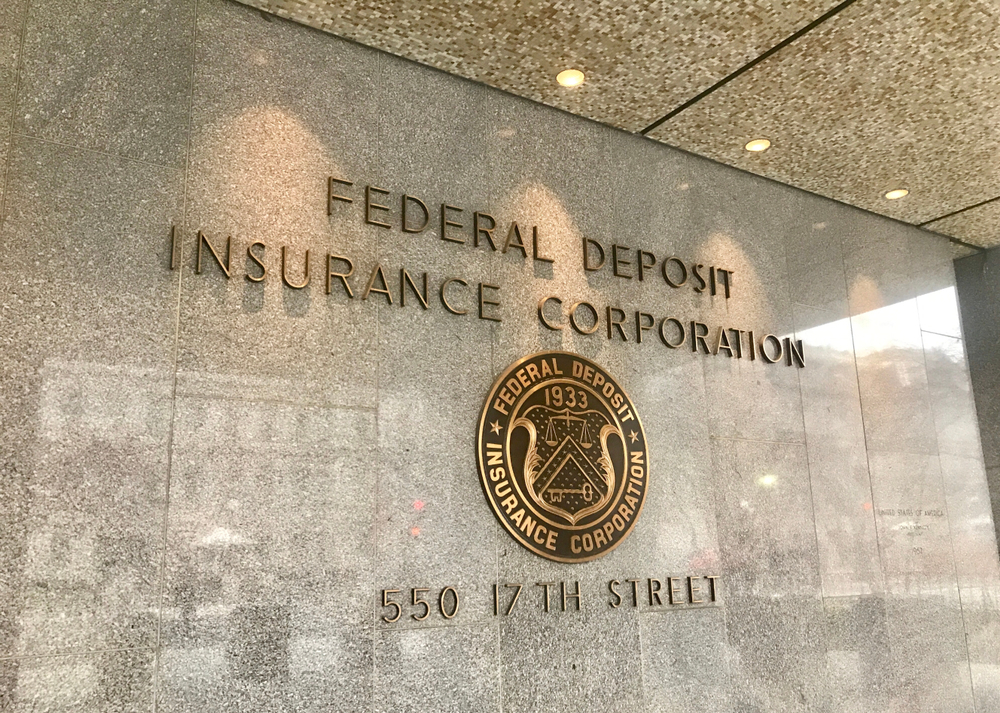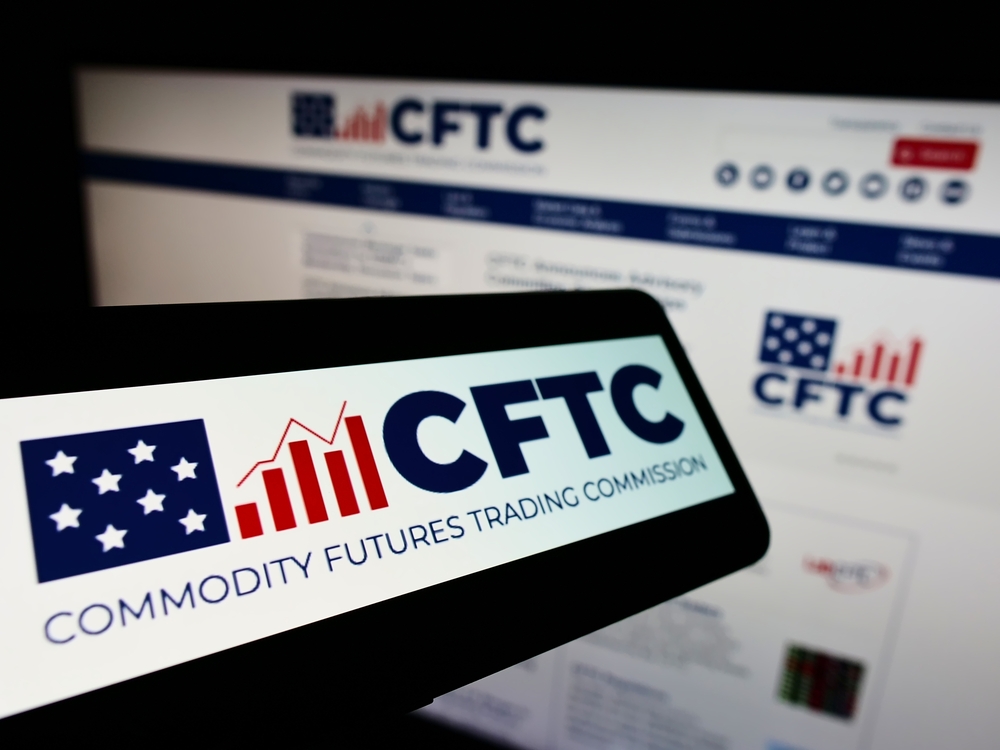The latest report from the ongoing battle between Ripple and the SEC sees the U.S. New York District court strike out Ripple’s motion to compel requests seeking the trading details of SEC employees. The court on Tuesday dismissed the crypto company’s request, citing that the defendants have not proved that such a decision has any correlation with the case. The Judge on the case Sarah Netburn dismissed the request for lack of relevant information.
Ripple’s attempt to obtain SEC employees’ trading details came after the court requested the regulatory watchdog to submit its cryptocurrency trading policies to confirm the veracity of its claims about Ripple’s trading irregularities. However, the commission revealed that it didn’t have any policy about virtual currency trading before its initial lawsuit against the platform.
The San Francisco-based firm argued that the legal rep of the SEC said that its employees were not allowed to trade XRP following the issuance of an order in 2019, of which Ripple didn’t know. Still, some of its employees got involved in a trading scandal.
Revealing SEC’s Policies Could Cause Controversy
Sarah Netburn stated that although the SEC’s trading policies could have provided solid proof regarding fair notice, the views of the Ethics Counsel on the subject would cause confusion or create a litigation issue. In addition, she pointed out that disclosing such vital information would violate the privacy of the commission’s employees. The Judge said that Ripple couldn’t establish any solid ground as to how the trading information will help its defense.
Court Orders Ripple to Produce One Million Slack Communications
On September 3, the court ordered the crypto company to submit one million Slack messages of its employees to the SEC. The court revealed that Ripple shared an insignificant amount of Slack messages with the financial regulator despite agreeing to cooperate with the agency. Then, the blockchain company said that it was impossible to fetch all the messages due to some processing errors.
However, the financial watchdog emphasized the importance of the messages and accused Ripple of being ‘prejudicial’ in refusing to produce the required quantity of messages. The SEC filed the motion in August to gain access to those communications.
Ripple countered the court judgment and SEC’s move, citing the unfairness of the order. The company stated that it would cost about one million dollars and several months to gather all the Slack communications. However, Judge Netburn said providing the communications was essential and stated that Ripple’s earlier behavior had convinced the court to rule in favor of the financial regulator.







